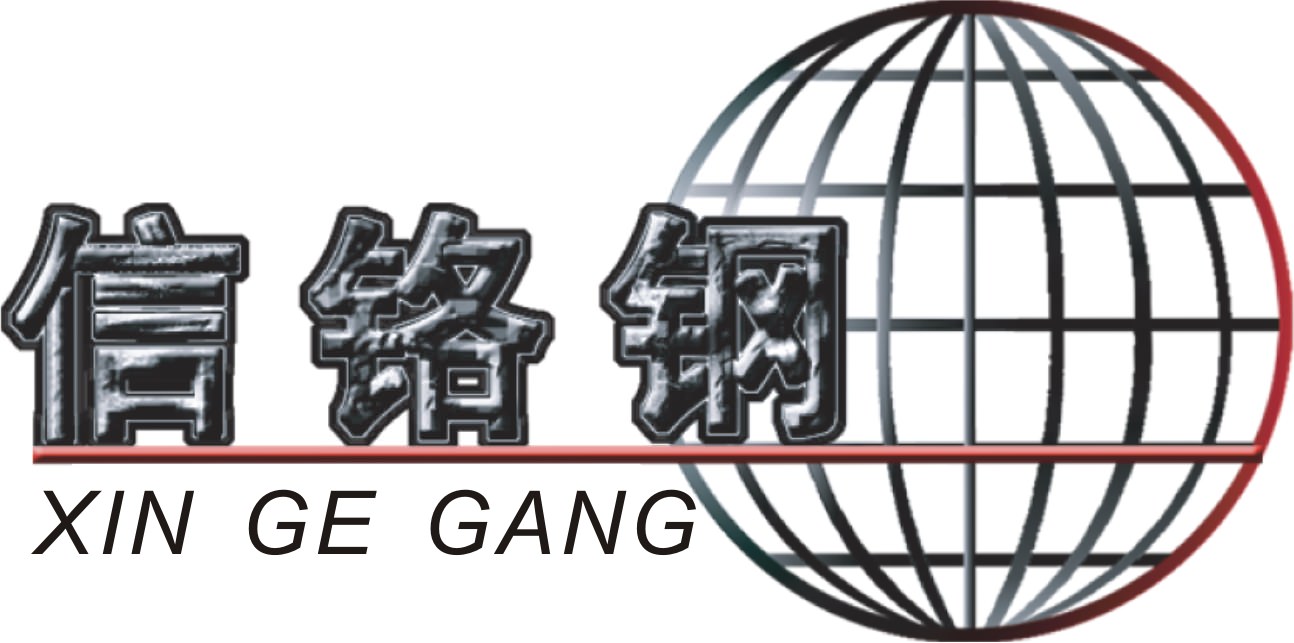Main chemical composition
XGG1800:C:4-5%, Cr:30-40%, Mn:1-1.5% Fe and others: balance
XGG2000:C:3-4%, Cr:25-35%, Mn:1-1.5% ,Nb:3-5%,Fe and others: balance
XGG3000:C:3-4%, Cr:25-35%, Mn:1-1.5% ,W:4-6%,Fe and others: balance
Please note: Actual chemistry will vary with overlay thickness.
Microstructure
It is an austenitic matrix with 40-45% hexagonal primary carbides. The hardness of XGG chromium carbide particle is 1300HV.
Macro-hardness
The hardness is a composite of the hard chromium carbides and the tough austenitic matrix. The hardness can normally vary from 52 to 62HRC depending on the thickness of the overlay.
Abrasion Resistance
For the different grades of the plates and different thickness of the over layer, the wearness is ranging from 20-30 to 1 over mild steel , 4-8 to 1 over QT400 steel from ASTM G65 RWAT test result.
Characteristics
The overlay surface of XGG consists of a series of beads with numerous hairline cracks. These properly spaced crosscheck cracks are a natural stress relief phenomenon and are beneficial to the material. These cracks propagate through the overlay and end at the fusion line.
Flatness Tolerance and dilution
±3-4mm/1m of the length of the plate. Dilution of coated layer and substrate is about 1-2mm.
Impact Resistance
XGG plates can withstand continuous moderate impact. Thin over layer can withstand higher impact.
Temperature Range
For the different grades of the plates, XGG plates can keep the abrasion resistance when it works under 593℃.
Thickness Tolerance
±5% tolerance of the whole thickness.
A quality certificate is issued for every plate by XGG.


